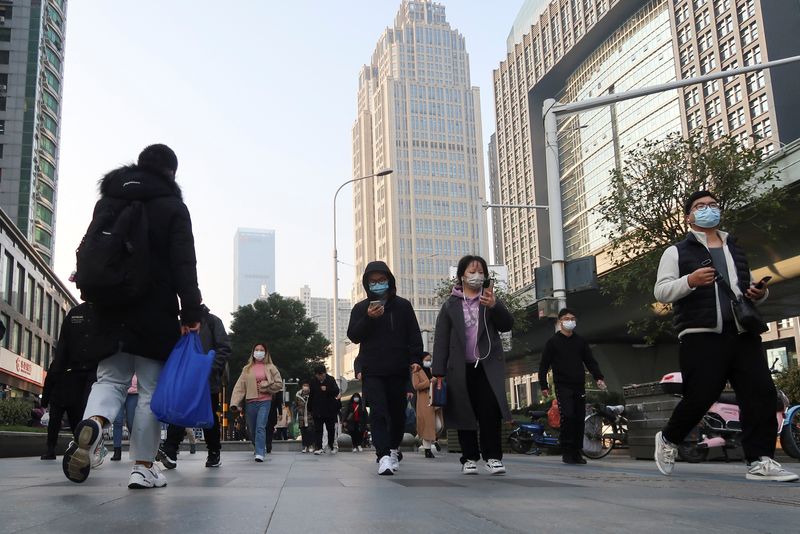Chinese Wuhan-new problems after COVID
2022.12.12 01:13
[ad_1]

Chinese Wuhan-new problems after COVID
Budrigannews.com – Even though the most stringent restrictions were eased last week, infections are still giving many small businesses in Wuhan, China’s central city, a new kick in the teeth.
Hopes for a brighter future after the end of the lockdowns are fading, at least for the time being, as the government shows few signs of stepping in to assist with the sick and those who are afraid of infection staying at home.
“I basically can’t go on,” said Zhu Chongping, 60, as he checked out his vacant café, which dishes up local food in the city of 11 million where the Coronavirus pandemic started quite a while back.
“I’m losing a thousand yuan every day in money.”
Zhu’s challenge highlights how Beijing’s move away from tough COVID policies, which were supposed to drive an economic recovery next year, is likely to slow growth over the next few months as infections rise.
He added, looking dejected, that business on what would normally be a bustling food street, where the majority of restaurants were closed or empty last Saturday, is at its lowest point since Zhu first opened his doors to customers 30 years ago.
He said that because his landlord is not offering him a discount on his rent this year, the outlook after “zero-COVID” eased is even worse than it was during the city’s 76-day lockdown in 2020. This is because of unprecedented protests.
More Budrigantrade-2022 is year of fight against global inflation
At that time, local governments supported businesses by offering rent subsidies and consumer vouchers, but this year, there are few such signs.
Zhu continued, “This street is considered a top location in Wuhan.” There is now no one around. It’s not hard to imagine how much worse other locations are.”
The only line within a few hundred meters was outside of a pharmacy, where people waited to purchase COVID medications.
The proprietor of a bag store nearby, Hanzheng Street, which is home to one of China’s largest wholesale clothing markets and was the scene of a large anti-lockdown protest last month, stated, “My business is struggling to stay afloat.”
The 48-year-old, who goes by the surname Liang, added, “We have to see what happens next year… ” We have to see how many people will come. Assuming that things are as yet unchanged one year from now, sellers should leave.”
Numerous other merchants simply informed Reuters that they had “no business” or none at all.
As China struggles with an economic downturn this year, the lack of customers is having a knock-on effect on other industries, which is hurting growth even more.
“Our business cannot get going and we are facing layoffs,” said Huang, the proprietor of an advertising company who requested to remain anonymous. “There are not many new stores opening and not many new businesses starting.”
Sun, a taxi driver in Wuhan, stated, “People just don’t have much money anymore.” He went on to say that subsidies had made the lockdown for 2020 more manageable than the measures for this year.
He stated, “I’ve earned nothing for weeks with all these lockdowns.” Although things are slightly better now, I am only able to repay the company for the monthly taxi rental fee.
According to surveys, factory activity fell in November as a result of widespread COVID restrictions. Additionally, exports and imports fell at their steepest rates in at least two and a half years, putting more pressure on the economy that is slowing down.
According to Zhiwu Chen, a finance professor at the University of Hong Kong, authorities believed that the infections would bring about sufficient immunity within three to four months, enabling small and medium-sized businesses to recover.








